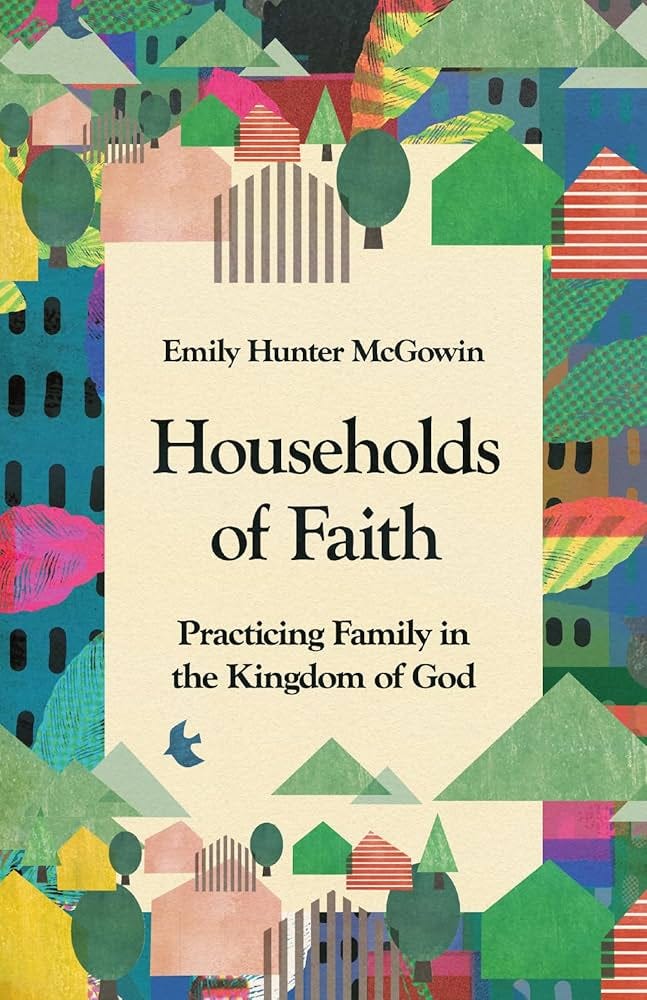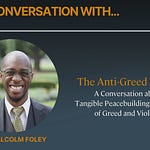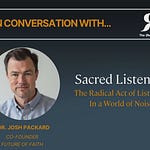(If you want to listen to conversations outside of Substack, you can subscribe to Spotify, YouTube, or Apple Podcasts. Help us connect with more listeners by subscribing and leaving a review!)
“In the eagerness to find a way - the way- to be faithful amid a sinful society, many Christians have turned to sentimental visions of families past. But the good news of God’s kingdom won’t allow us to wrap ourselves in the warm blanket of maudlin idealism. First, because such visions are embedded in socioeconomic circumstances that elude most families today. But second, and perhaps more importantly, because the past is not where Christians live. Christ is Lord today.”
A “focus on the family” has been a significant part of the theological and political life of the evangelical church of the past 50 years. Woven into church growth strategies, legislative agendas, a hermeneutic for scripture, and its vision for living out the mission of God, the nuclear family is a dominant focus for the evangelical church. In the past 25 years, however, this focus has consistently conflicted with the changing nature of family in our world. In light of the changing nature of family, what does a household of faith look like in 2025? In this conversation with Dr. Emily Hunter McGowin, we discuss a rich theology of family.
Dr. McGowin, in her book Households of Faith: Practicing Family in the Kingdom of God, lays out a clear and powerful biblical theology of family and its place in the kingdom of God. She helps us examine our assumptions about family, how we engage with scripture, and how we think about families and the mission of God in our current cultural moment. This book and our conversation point to vital areas of concern and focus for The (Re)union Project. It is hard to imagine peace building and unity within the church until we develop and live into a better kingdom theology of family.
Connect with Dr. McGowin and her work:
Her website
Households of Faith: Practicing Family in the Kingdom of God
Quivering Families: The Quiverfull Movement and Evangelical Theology of Families















Share this post